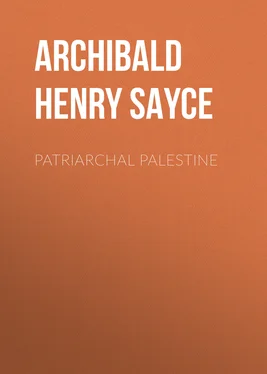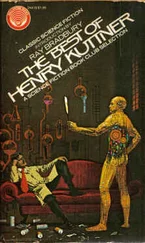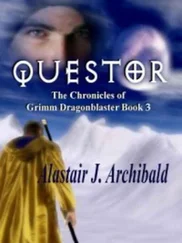It may be that the asphalt of Siddim was coveted by the Babylonian kings. Bitumen, it is true, was found in Babylonia itself near Hit, but if Amiaud is right, one of the objects imported from abroad for Gudea of Lagas was asphalt. It came from Madga, which is described as being "in the mountains of the river Gur(?)ruda." But no reference to the place is to be met with anywhere else in cuneiform literature.
When Abram returned with the captives and spoil of Sodom, the new king came forth to meet him "at the valley of Shaveh, which is the king's dale." This was in the near neighbourhood of Jerusalem, as we gather from the history of Absalom (2 Sam. xviii. 18). Accordingly we further read that at the same time "Melchizedek, king of Salem," and "priest of the most High God," "brought forth bread and wine," and blessed the Hebrew conqueror, who thereupon gave him tithes of all the spoil.
It is only since the discovery and decipherment of the cuneiform tablets of Tel el-Amarna that the story of Melchizedek has been illustrated and explained. Hitherto it had seemed to stand alone. The critics, in the superiority of their knowledge, had refused credit to it, and had denied that the name even of Jerusalem or Salem was known before the age of David. But the monuments have come to our help, and have shown that it is the critics and not the Biblical writer who have been in error.
Several of the most interesting of the Tel el-Amarna letters were written to the Pharaoh Amenôphis IV. Khu-n-Aten by Ebed-Tob the king of Jerusalem. Not only is the name of Uru-salim or Jerusalem the only one in use, the city itself is already one of the most important fortresses of Canaan. It was the capital of a large district which extended southwards as far as Keilah and Karmel of Judah. It commanded the approach to the vale of Siddim, and in one of his letters Ebed-Tob speaks of having repaired the royal roads not only in the mountains, but also in the kikar or "plain" of Jordan (Gen. xiii. 10). The possession of Jerusalem was eagerly coveted by the enemies of Ebed-Tob, whom he calls also the enemies of the Egyptian king.
Now Ebed-Tob declares time after time that he is not an Egyptian governor, but a tributary ally and vassal of the Pharaoh, and that he had received his royal power, not by inheritance from his father or mother, but through the arm (or oracle) of "the Mighty King." As "the Mighty King" is distinguished from the "great King" of Egypt, we must see in him the god worshipped by Ebed-Tob, the "Most High God" of Melchizedek, and the prototype of "the Mighty God" of Isaiah. It is this same mighty king, Ebed-Tob assures the Pharaoh in another letter, who will overthrow the navies of Babylonia and Aram-Naharaim.
Here, then, as late as the fifteenth century before our era we have a king of Jerusalem who owes his royal dignity to his god. He is, in fact, a priest as well as a king. His throne has not descended to him by inheritance; so far as his kingly office is concerned, he is like Melchizedek, without father and without mother. Between Ebed-Tob and Melchizedek there is more than analogy; there is a striking and unexpected resemblance. The description given of him by Ebed-Tob explains what has puzzled us so long in the person of Melchizedek.
Конец ознакомительного фрагмента.
Текст предоставлен ООО «ЛитРес».
Прочитайте эту книгу целиком, купив полную легальную версию на ЛитРес.
Безопасно оплатить книгу можно банковской картой Visa, MasterCard, Maestro, со счета мобильного телефона, с платежного терминала, в салоне МТС или Связной, через PayPal, WebMoney, Яндекс.Деньги, QIWI Кошелек, бонусными картами или другим удобным Вам способом.











